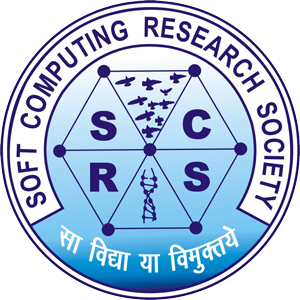
Mr. Kiran Kumar Maguluri
Investigating the Economic Impact of Generic Drugs on Healthcare Systems: A Case Study in Cost Reduction and Patient Access
Abstract:
Generic drugs play a critical role in modern healthcare systems by providing cost-effective alternatives to brand-name medications, thus improving patient access to essential treatments. This research investigates the economic impact of generic drugs on healthcare systems, focusing on their role in cost reduction, resource allocation, and patient care accessibility. Through a case study approach, the study evaluates how the introduction and adoption of generics influence pharmaceutical expenditures and overall healthcare costs.
The analysis explores the mechanisms through which generic drugs drive cost savings, including lower manufacturing and pricing structures and increased market competition. It also examines the broader implications for healthcare systems, such as the ability to reallocate resources to innovative therapies and improved affordability for underserved populations. Challenges, including regulatory barriers, quality assurance concerns, and resistance from stakeholders accustomed to brand-name drugs, are also discussed.
Findings from the case study highlight substantial savings achieved through the adoption of generics, coupled with an increase in medication adherence among patients due to improved affordability. The study concludes with actionable recommendations for policymakers and healthcare organizations to maximize the benefits of generic drugs, emphasizing regulatory harmonization, education campaigns, and strategies to address stakeholder concerns. This research underscores the transformative potential of generics in fostering sustainable and equitable healthcare systems worldwide.

